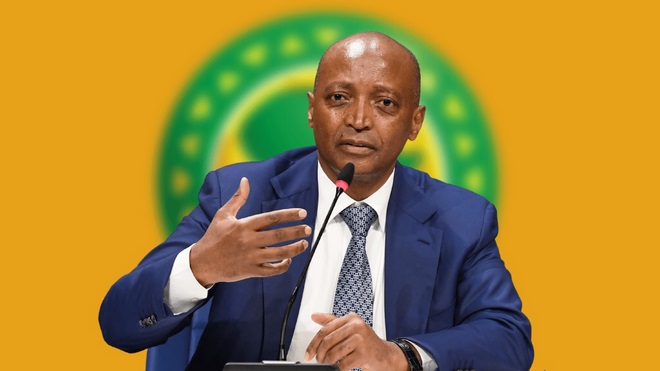We use cookies to help you navigate efficiently and perform certain functions. You will find detailed information about all cookies under each consent category below.
The cookies that are categorized as "Necessary" are stored on your browser as they are essential for enabling the basic functionalities of the site. ...
Necessary cookies are required to enable the basic features of this site, such as providing secure log-in or adjusting your consent preferences. These cookies do not store any personally identifiable data.
Functional cookies help perform certain functionalities like sharing the content of the website on social media platforms, collecting feedback, and other third-party features.
Analytical cookies are used to understand how visitors interact with the website. These cookies help provide information on metrics such as the number of visitors, bounce rate, traffic source, etc.
Performance cookies are used to understand and analyze the key performance indexes of the website which helps in delivering a better user experience for the visitors.
Advertisement cookies are used to provide visitors with customized advertisements based on the pages you visited previously and to analyze the effectiveness of the ad campaigns.

Present in Gaborone, Botswana, as part of the FIFPro Africa Congress, Patrice Motsepe made some new revelations about the Super League, which will see the light of day in a few months' time. While he acknowledged that the competition will start later than expected, the President of the African Confederation also indicated that it will be given a new name.
"In October this year, the first Super League will begin. Some people asked for the dates, we have them." With these words, the President of the Confederation of African Football confirmed the launch of the very first edition of the African Super League. The competition will supplant the Champions League and the CAF Cup to become the new showcase for interclub competitions on the continent and generate nearly 100 million dollars, including 2.5 million for each participant. This should enable clubs to structure themselves and develop further.
Pressure from sponsors for a name change
"One of the main objectives of the African Super League is to work with our clubs to pay football players in Africa attractive and globally competitive salaries," said the South African leader. Initially, the tournament was due to start in August. However, in view of the difficulties encountered in setting up this first edition, particularly on the financial front, CAF decided to postpone the kick-off by two months.
Speaking to SABC Sport, Patrice Motsepe also indicated that the Super League would already be changing its name. This decision was taken in view of the negative image conveyed by the Super League concept when European clubs tried to introduce it, before backtracking in the face of strong opposition from the governing bodies and fans. "Some of the big sponsors are saying that the history of Super League in Europe was not good and that if you associate the name 'super' with a competition, it can have negative connotations," said the executive, before adding: "I will continue to use the name African Super League. Until we change it. A naming of the tournament with one of the main sponsors, as for the African Cup of Nations, would not be out of the question.
Eight teams on the starting line
However, there is no change to the prize money promised to the eventual winner. He or she should pocket the sum of 6 million dollars (or 5.6 million euros). And there will only be eight teams on the starting line. Initially, there were to be 24 clubs, with teams divided into three groups based on their geographical region: North Africa, Central and West Africa, and Southern and East Africa. But there will only be eight for this launch: Al Ahly (Egypt), Esperance Tunis (Tunisia), Wydad Casablanca (Morocco), Mamelodi Sundowns (South Africa), TP Mazembe (DR Congo), Horoya (Guinea), Petro Atletico (Angola) and Simba (Tanzania).
It remains to be seen how this African Super League will actually be financed, as a partnership with Saudi Arabia was once mooted. However, this was to be conditional on CAF's possible support for the country's bid to co-host the 2030 World Cup. Since then, the Saudis no longer seem to be in the running for a bid.